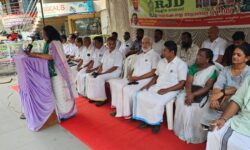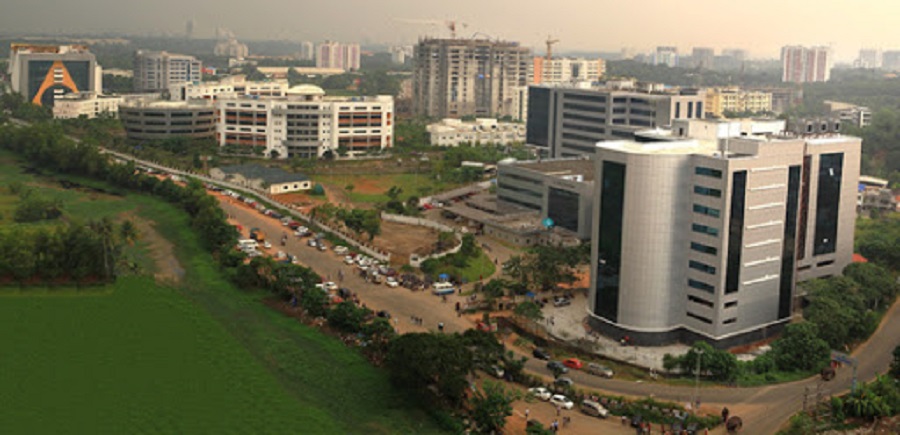KOCHI:
India and the United States should try to enhance the maritime security framework in the Indo-Pacific region as their strategic interests are aligning like never before, said maritime subject-matter experts during a webinar that discussed “Indo-Pacific Strategy: Reimagining the Maritime Outlook” on Thursday. The webinar, organized by the Centre for Public policy Research, a Kochi-based think tank in collaboration with the U.S. Consulate General in Chennai, deliberated on how India and the U.S. can align their strategic and economic interests in the Indo-Pacific region to ensure peace and stability.
Making the opening remarks at the event, Anne Lee Seshadri, Public Affairs Officer at the U.S. Consulate General in Chennai, highlighted the shared vision of India and the United States toward advancing human rights, peace and stability, freedom on the seas, unimpeded commerce, and commitment to the international, rules-based order in the Indo-Pacific region. She added that there are few diplomatic relationships in the world more vital than the one between India and the U.S.
Dr. Rajeswari Pillai Rajagopalan, Director of Centre for Security, Strategy and Technology (CSST) at the Observer Research Foundation, New Delhi and Gregory B. Poling, a Senior Fellow for Southeast Asia and director of the Asia Maritime Transparency Initiative at Center for Strategic and International Studies (CSIS) were the panelists in the webinar.
Dr. Rajeswari Pillai Rajagopalan opined that besides the traditional challenges Indo-Pacific region faces, China’s rising power has caused uncertainty in the region. “India faces major capacity constraints, especially in the light of growing Chinese capabilities; India needs to build its maritime capacity by overcoming budget constraints and emphasizing naval presence in the region,” she said.
Center for Strategic and International Studies Senior Fellow Gregory B. Poling put forth the three areas of focus for India-U.S. cooperation – direct security cooperation, diplomatic and normative efforts, and maritime capacity building. He also said that accepting China’s claims in the South China Sea would undermine the maritime law and order along with India’s own strategic interests.
Dr Lawrence Prabhakar Williams, Adjunct Professor at the Department of Geopolitics and International Relations at Manipal University, moderated the session. The panelists also took questions from the audience during the webinar.
This webinar was the second in the series of webinars titled “India – U.S. Relations: Change, Continuity, and Transformation,” designed to discuss key thematic areas involved in the U.S.-India Strategic Partnership. Two more sessions – one in October and one in December – are lined up in the webinar series and they will have experts talking on U.S.-India trade relations and science and technology cooperation between the two countries.




